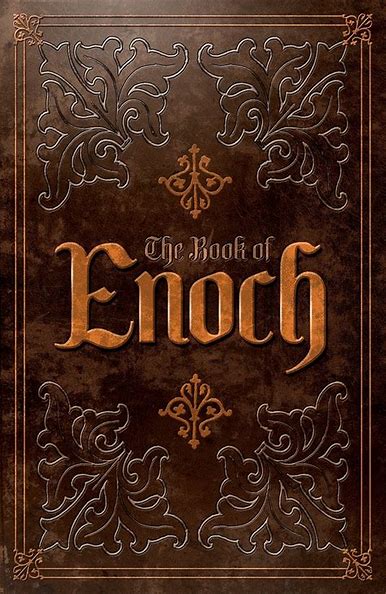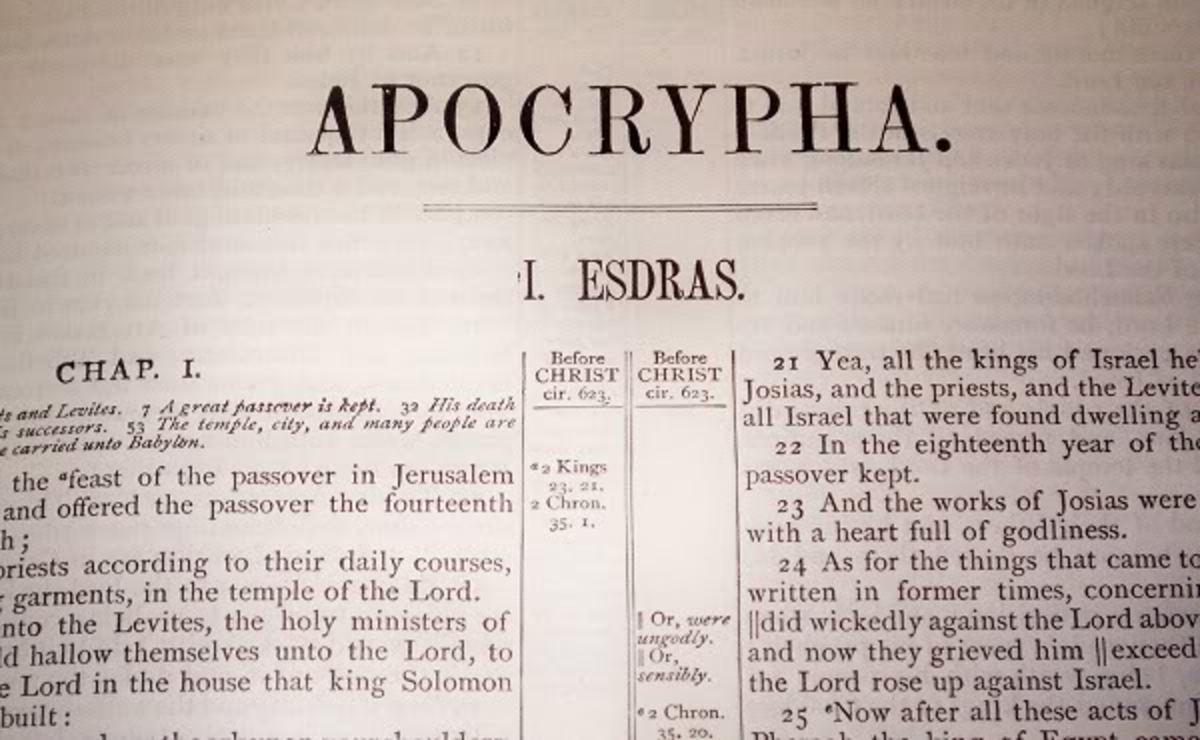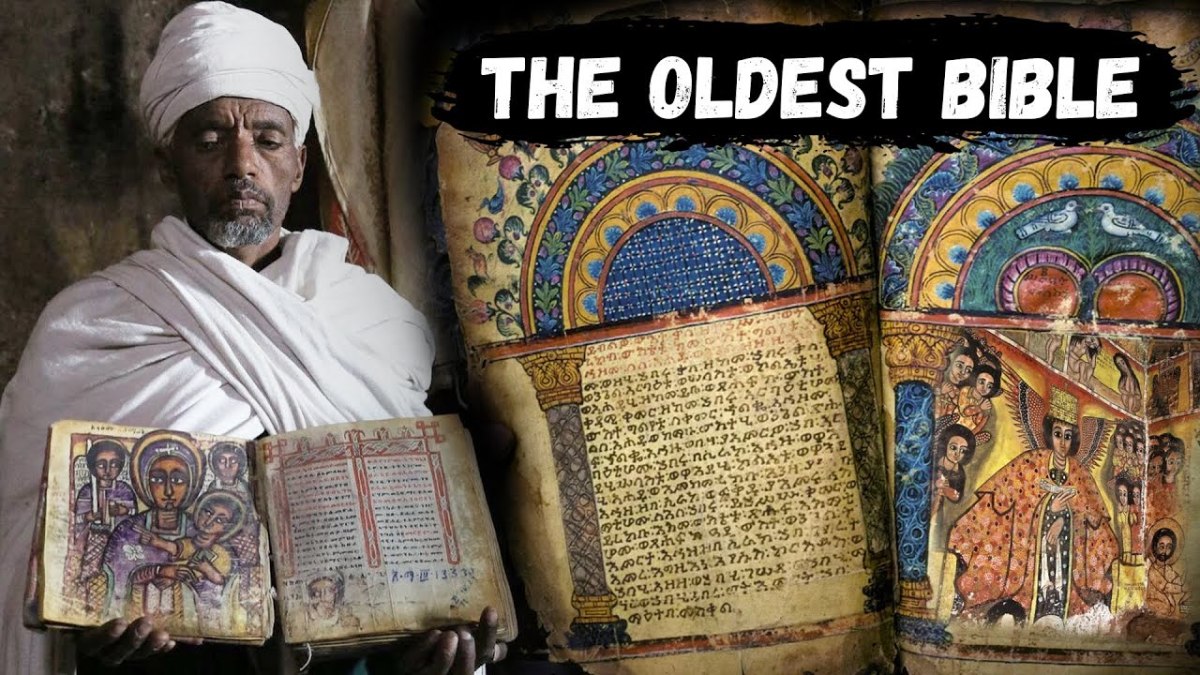Is the Bible Missing Books?

Introduction
While you have most likely heard of the Books of Matthew, Mark, Luke, and John, you might not have heard of other books. Those such as the Gospel of Thomas and Mary, the Book of Enoch, the Gospel of Barnabas, and more are considered extra-biblical and have not been historically included in the biblical canon.
The Bible itself also mentions other books too. Many of the books it references have been lost to time. You may be asking yourself then, is the Bible complete? Are there lost books of the Bible that are supposed to be included in the canon?
To answer this question we shall talk about two main types of extra books, the Apocrypha/Pseudepigrapha and Lost Books referenced in the Bible.
The Apocrypha
During the Second Temple Period, or the time between the Old and New Testaments, numerous books were written that claimed authorship by famous Bible authors. The word apocrypha is similar to an Ancient Greek word essentially meaning “hidden.”
These books have historically not been included in what is considered the Bible canon, although early Bible versions like the KJV did include an Apocrypha section for reference. For the most part, these books have been rejected by councils who determined what is biblically canon. Disagreements over the Apocrypha still continue to this day though, for example, a Catholic Bible has 7 more OT books than a Protestant one.
The contents of these books cover all sorts of topics, usually explaining things in more detail or elaborating on certain stories found in the Bible.
But should these books be contained in the canon? Well, the short answer is no. Many of these books are pseudepigrapha, meaning that the books falsely attribute authorship. Examples of this include Psalms of Solomon or the Ascension of Isaiah, both of which were not written by the people in their titles. So we can see that many apocryphal books have falsehoods in them. Some books promote actions that would directly contradict the Bible, such as prayer for the dead or the use of black magic. However, we know that the original inspired texts were inerrant, so anything containing mistakes would automatically not be canon.
“Lost Books”
I call these next set of books “lost books” in that the Bible does reference them, but we have lost these books to time.
An example of this can be found in Joshua 10:13. The Bible is giving an account of a miraculous event, and then explains how this event is found in the Book of Jashar:
“And the sun stood still, and the moon stopped, until the nation took vengeance on their enemies. Is this not written in the Book of Jashar? The sun stopped in the midst of heaven and did not hurry to set for about a whole day.”
By mentioning the Book of Jashar, the Bible is suggesting that you can go look in that book for further reference. However, we do not have the Book of Jashar. We may find parts of it someday, but for now it is lost.
Other “lost books“ are mentioned in Numbers 21:14, 1 Kings 16:20, 1 Samuel 10:25, 1 Chronicles 27:24, 2 Chronicles 9:29, and more. These include the Book of the Wars of the Lord, the Book of Shemaiah the Propheg, the Book of Gad the Seer, the Acts of Solomon, the Prophecy of Ahijah, the Sayings of the Seers, and the Laments for Josiah.
So is the Bible incomplete without these books? No. The Bible never mentions them as inspired.

Final Words
While thus far we have proved that neither the Apocrypha nor the “Lost Books“ belong in the Bible, you still may be doubtful. Could there be books that are missing from the Bible that we don’t even know are missing?
The ultimate answer to this question can be found in Psalm 12:6-7.
“6 The words of the LORD are pure words,
like silver refined in a furnace on theground,
purified seven times.
7 You, O LORD, will keep them;
you will guard us from this generation forever.”
Here we find God‘s promise that He will preserve His will forever. No matter how much people may try to destroy or get rid of the Bible, it will be preserved for as long as God wills it. We can have confidence and faith in His promise that His Word is complete. After all, if God is all-powerful, then it‘s improbable to believe that He couldn’t preserve his own Word.








